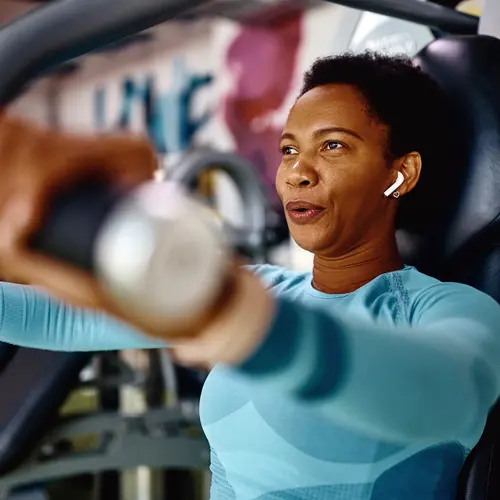What you eat and drink, as well as the drugs you take, may all have an effect on incontinence symptoms. Use these two charts to learn more about the potential effects of food, drink, and medication on incontinence.
Diet and Urinary Incontinence Symptoms
| Food or Drink | Effect on Incontinence | What to Do |
| Too much water or other fluid | Overfills the bladder. | Drink no more than 2 liters (about 2 quarts) of fluid a day. Drink most fluids during the daytime and limit fluids in the evening. |
| Too little fluid | Irritates the bladder. Promotes infection. | Drink at least 1 liter (about 1 quart) of fluid every day. |
| Alcoholic beverages | Causes dehydration by increasing the amount of urine. Interferes with brain’s signals to the bladder about when to release urine. | Cut down on or eliminate alcohol. |
| Caffeine-containing drinks and foods (such as coffee, tea, colas, or chocolate) | Stimulates the bladder. Act as diuretics, producing more urine. | Reduce or eliminate caffeine from your diet. |
| Acidic foods and drinks (such as citrus fruits, coffee, tea, and tomatoes) | Irritates the bladder. | Cut down or avoid these items. |
| Carbonated drinks | Irritates sensitive bladders. | Use sparingly or not at all. |
| Spicy foods | Irritates the bladder. | Avoid these foods. |
| Sugar, honey, and artificial sweeteners | Irritate the bladder. | Limit your use of these foods, if possible. |
Medicine and Urinary Incontinence Symptoms
| Medicine | Effect on Incontinence | What to Do |
| High blood pressure medicine (diuretic ''water pills," calcium channel blockers, and others) | Some increase urine output. Some relax the bladder, allowing urine to escape.
| Let your doctor know that medication may be making incontinence worse. Ask your doctor if you can adjust the dose or switch to another medication to lower blood pressure. If you cannot switch or adjust medications, ask your doctor about ways to limit the incontinence symptoms. |
| Antidepressants, sedatives, and tranquilizers | Some hinder ability of the bladder to contract. Some decrease awareness of the need to urinate. (Note that some may improve incontinence symptoms.) | Ask your doctor about switching to another medication or to another type of therapy to treat depression. |
| Muscle relaxants | Relaxes bladder muscles. | Use only if necessary. Ask your doctor about steps to limit incontinence side effects. |
| Sleeping pills | Reduces awareness that the bladder is full. | Explore alternatives to sleeping pills, such as exercising regularly or starting a bedtime ritual. |
If you suspect that any drugs are making incontinence worse, DO NOT stop taking the medication on your own. Rather, tell your doctor about your concerns. Your doctor may be able to switch or adjust the medication to relieve these incontinence symptoms. In some cases, however, the benefit of the medication may be worth the increase in incontinence symptoms. If so, work with your doctor to find other ways to ease those symptoms.

